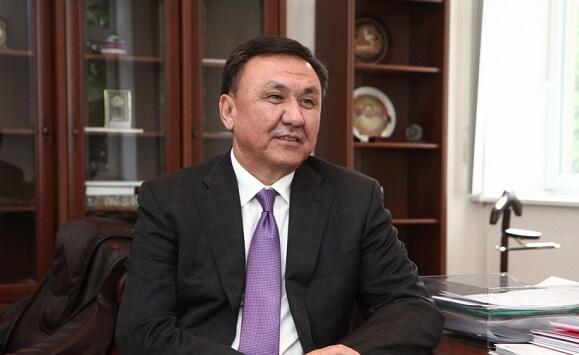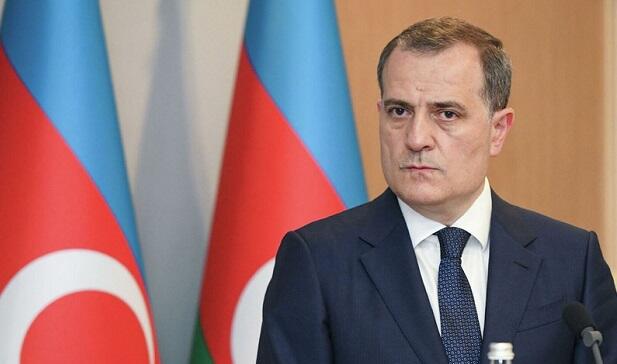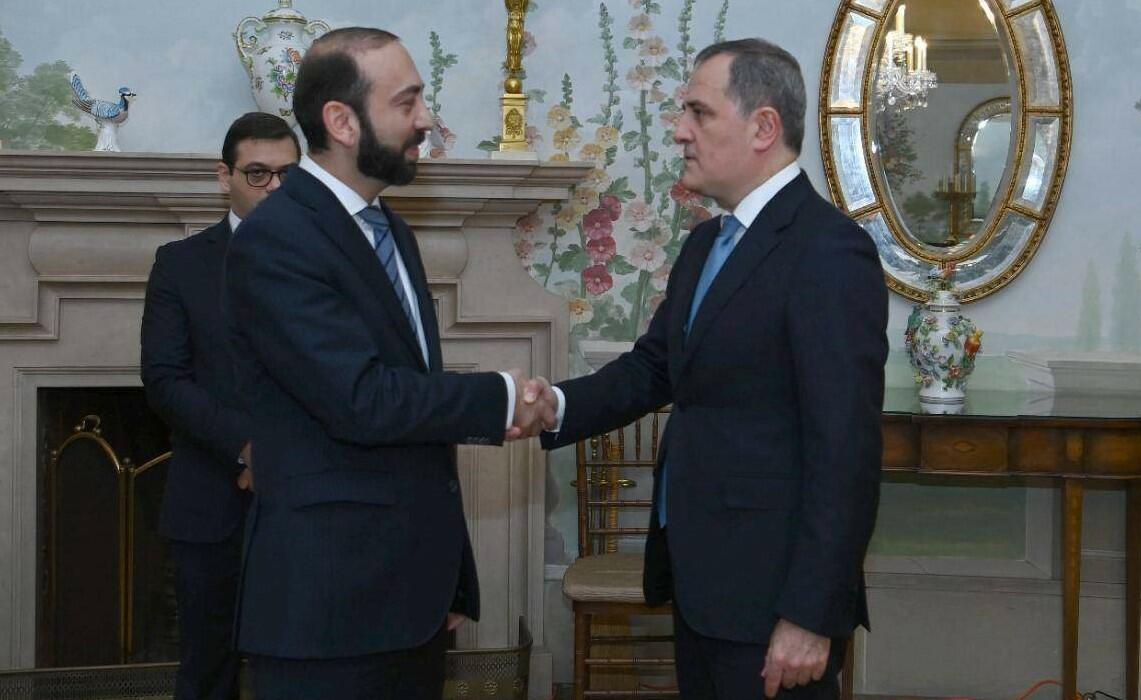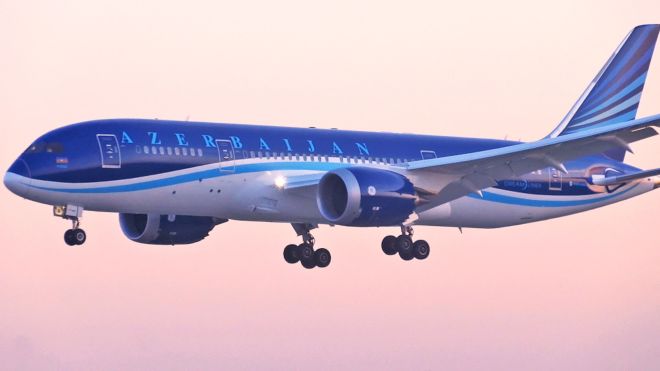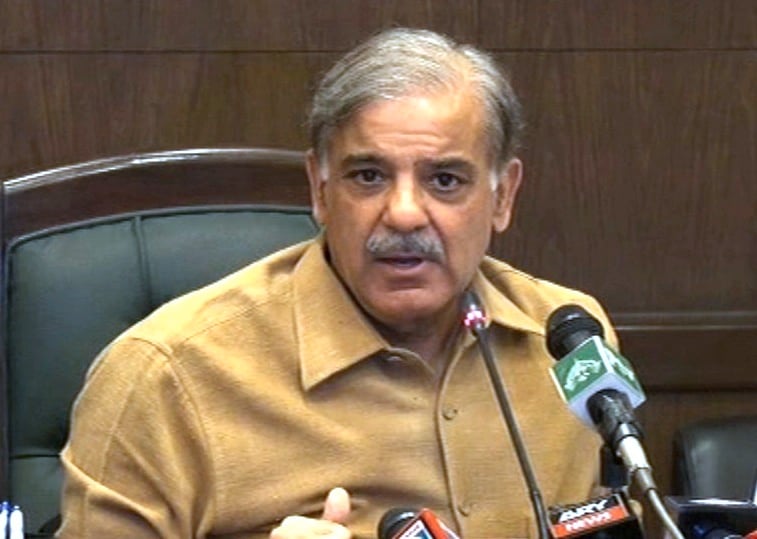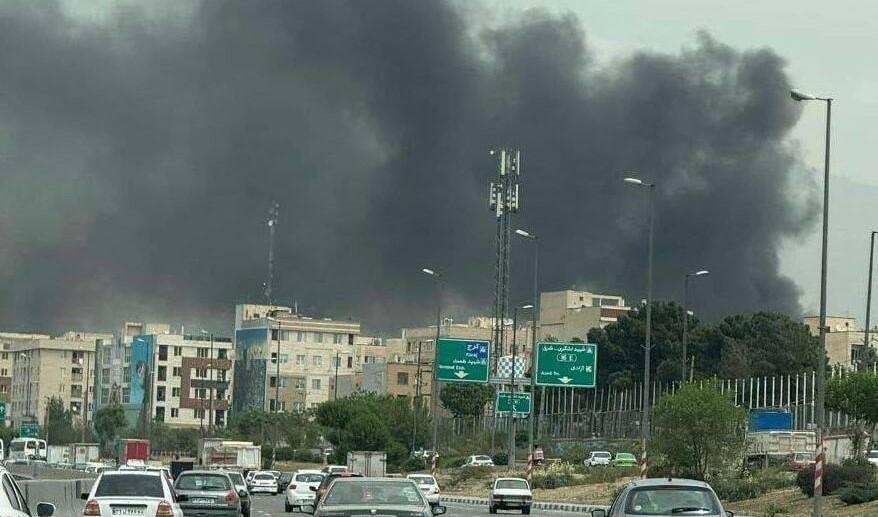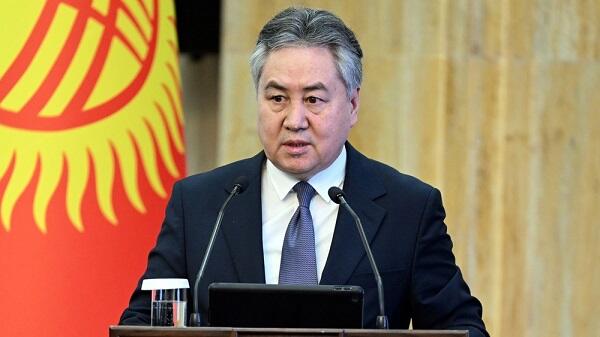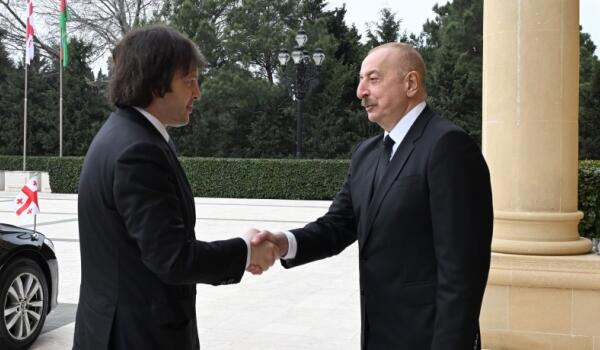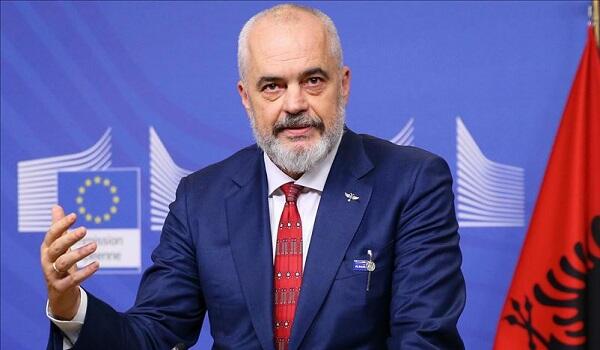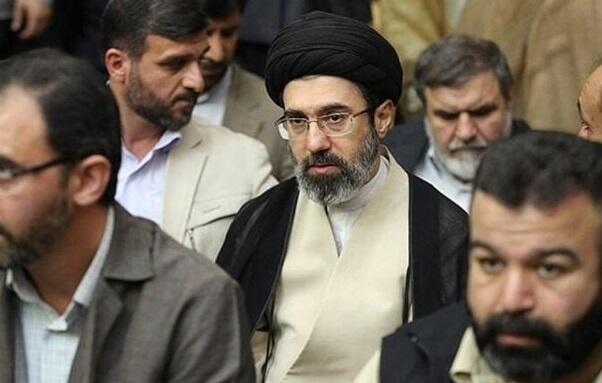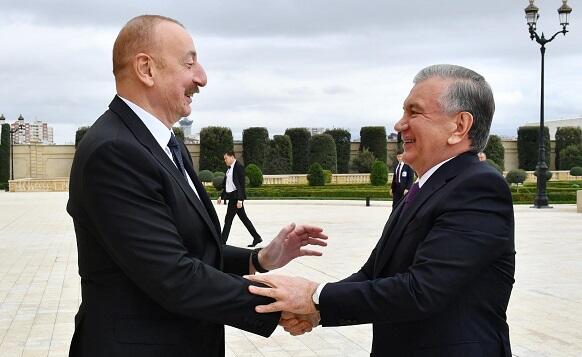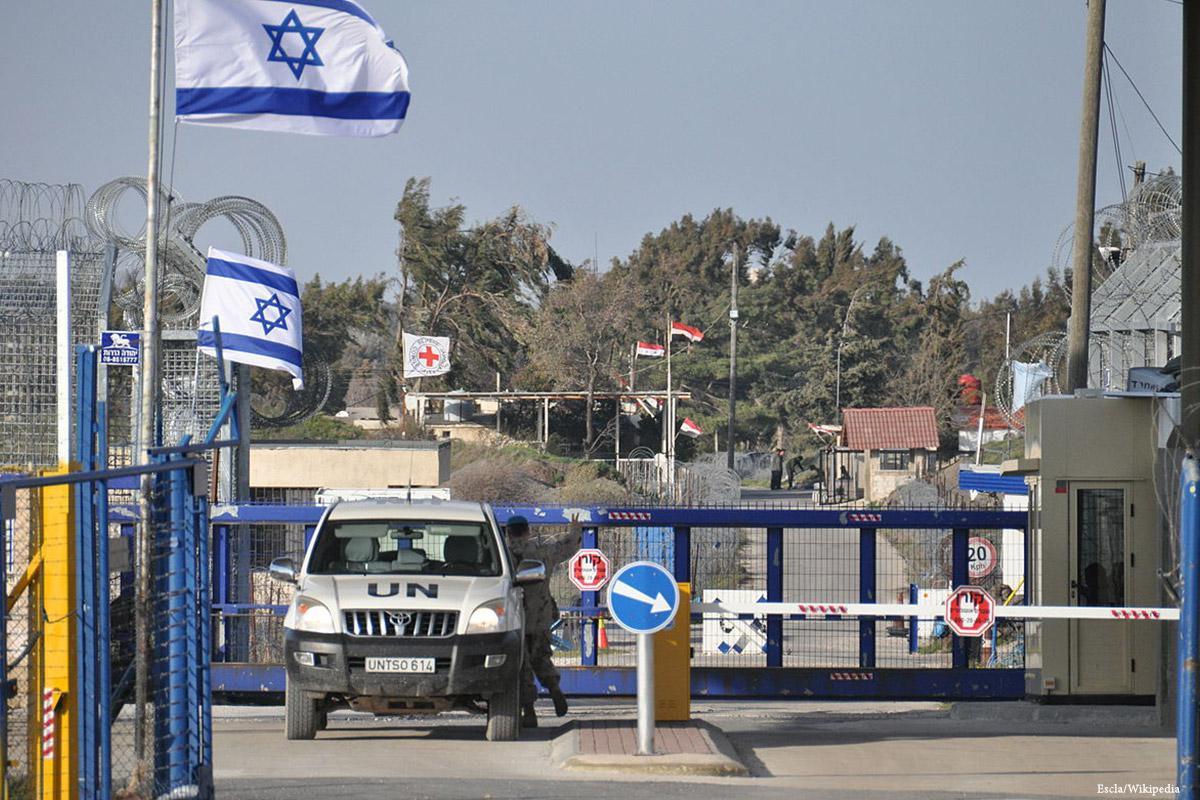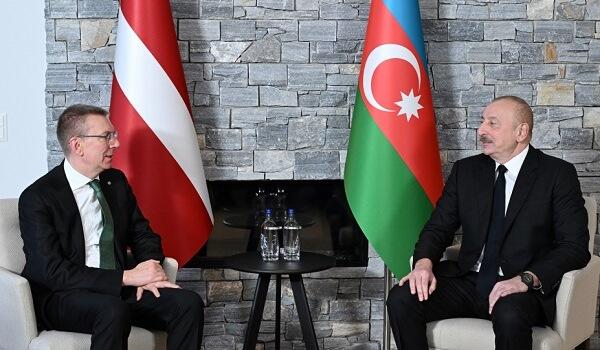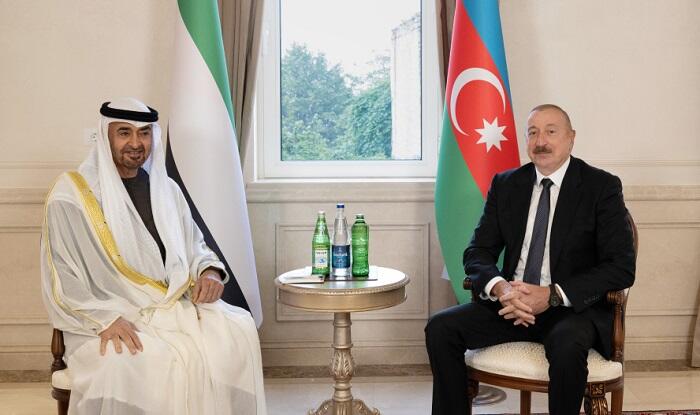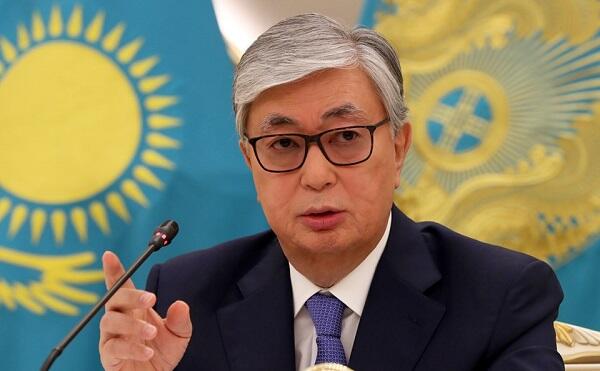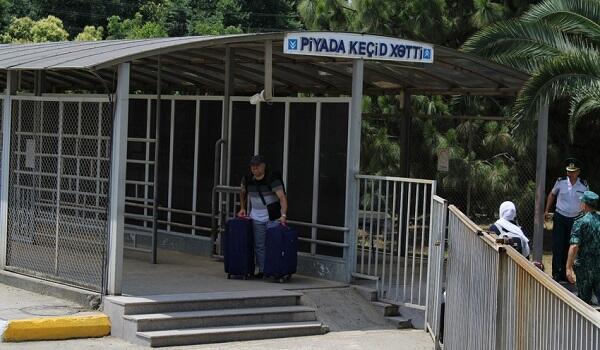Axar.az presents the article "The Pan-Turkism Social Movement isn't geopolitically threatening" by Andrew Korybko:
The swift conclusion of the Nagorno-Karabakh War and the resultant creation of a trans-Armenian corridor for connecting the two parts of Azerbaijan has led to fearmongering from the losing side about the pan-Turkism social movement. Some Armenians and their supporters claim that Turkey's indirect connection to the Caspian Sea via this new route represents a geopolitical threat to the South Caucasus and Central Asia. Pan-Turkism, however, isn't a geopolitical project but a social movement connecting culturally related people.
It's therefore no different in spirit from pan-Africanism, pan-Arabism, pan-Hispanism, pan-Sinicism, pan-Slavism, and the concept of the international Islamic community described as the Ummah for instance. It's natural for people to want to connect to others who are like them, and it's arguably within their human rights as enshrined by the UN Charter to do so. As long as these social movements aren't weaponized for geopolitical ends, then there isn't anything wrong with them in principle.
The fearmongering about pan-Turkism is therefore very likely motivated by Turkophobia, whether of a political nature related to opposing what its opponents imagine to be Turkey's implied foreign policy goals or an ethnic one which is against all Turkic people. Either way, it's especially hypocritical when it's expressed by Armenians and their supporters considering their recently failed project to carve out a so-called “Greater Armenia” from approximately one-fifth of Azerbaijan's universally recognized territory.
That example precisely proves how social movements could be weaponized for geopolitical ends. There's nothing wrong with the Armenians of Armenia and their brethren in Azerbaijan interacting with one another on a cultural basis, but when this was abused as the grounds for waging an illegal war of genocidal conquest against the sovereign Azerbaijani state, only then did it become worthy of condemnation. Still, Azerbaijan promised its Armenian citizens from the occupied regions that it'll respect their cultural rights upon liberation.
The fearmongering narrative about pan-Turkism is therefore an attempt to sow the seeds of distrust between these ethnic communities and thus make it more difficult for them to reconcile. That's why it's so important to debunk these claims before they get out of control and impede the resumption of respectful, neighbourly relations between these two people. Pan-Turkism isn't a geopolitical threat to anyone, let alone Armenia because the Russian military base there and their CSTO allied relations ensure that Turkey will never attack.
Furthermore, the planned trans-Armenian corridor between the two parts of Azerbaijan won't be the first connectivity corridor between Baku and Ankara. After all, one such corridor already exists via Georgia in relation to the commercial, energy, and rail routes, yet it wasn't misportrayed as “pan-Turkism”, let alone as a geopolitical threat. So too is it being argued then that the southern trans-Armenian corridor which will complement the northern one shouldn't be falsely presented in a threatening way either.
All people of the world deserve the right to interact with whoever they'd like, especially those who are closest to them on the cultural level, and the various Turkic people of the world shouldn't be denied that opportunity. The Turkish state's soft power has spread all throughout Eurasia and especially among its many Turkic people, though this isn't a latent geopolitical threat, but rather an unprecedented integrative opportunity to bring the supercontinent even closer together.
The “Middle Corridor” between China and Turkey via Central Asia, the Caspian Sea, and the South Caucasus already attest to how promising renewed interest in pan-Turkism can be for Beijing's Belt & Road Initiative (BRI). It's therefore in everyone's best interests to actively support the flourishing renaissance of Turkic cultures across Eurasia because this serves as a catalyst for connecting their countries more closely together and pioneering new trade routes across the supercontinent, which in turn will improve everyone's lives with time.
